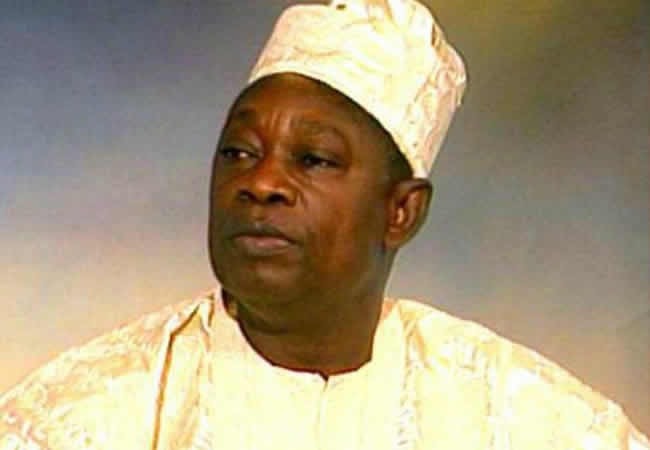The June 12 Election: A Watershed Moment in Nigerian History
The annulment of the June 12, 1993, presidential election remains a deeply etched scar on Nigeria’s democratic journey. Considered the freest and fairest election in the nation’s history up to that point, it held the promise of a smooth transition to civilian rule. Moshood Kashimawo Olawale (MKO) Abiola, a prominent businessman and philanthropist, contested under the banner of the Social Democratic Party (SDP) and secured a resounding victory. However, the military government of General Ibrahim Babangida abruptly annulled the election, plunging the nation into a period of political turmoil and uncertainty. The annulment not only dashed the hopes of millions of Nigerians who yearned for democratic governance but also ignited widespread protests and civil unrest, further destabilizing the country.
Babangida’s Admission and Justification: A Complex Narrative
Years after the controversial annulment, General Babangida, in his autobiography, "A Journey in Service," finally admitted that Abiola had indeed won the election. He acknowledged that Abiola met all constitutional requirements, securing both the majority of votes and fulfilling the geographical spread mandate. Despite this admission, Babangida maintained that the annulment was the most difficult decision of his life, a decision taken, he claimed, in the "supreme national interest." He cited concerns about national security as the primary justification for his actions, arguing that the prevailing political climate and potential threats necessitated the annulment. This explanation, however, has been widely contested, with many critics pointing to political machinations and the military’s reluctance to relinquish power as the true motives behind the annulment.
The Aftermath of Annulment: A Nation in Turmoil
The annulment of the June 12 election had far-reaching consequences for Nigeria. The country was plunged into a political crisis, with widespread protests and demonstrations erupting across the nation. The military government responded with heavy-handed tactics, suppressing dissent and arresting pro-democracy activists. The political instability further exacerbated existing ethnic and religious tensions, threatening the very fabric of the nation. The annulment also damaged Nigeria’s international reputation, leading to sanctions and diplomatic isolation. The country’s nascent democracy was effectively derailed, and the hopes for a peaceful transition to civilian rule were dashed.
Abiola’s Defiance and Tragic Demise: A Symbol of Democracy
MKO Abiola, refusing to accept the annulment, declared himself the rightful president of Nigeria in a symbolic act of defiance. This declaration further intensified the political standoff and led to his arrest and detention by the military government. Abiola remained imprisoned for years, becoming a symbol of democracy and the struggle against military rule. His tragic death in detention in 1998 further fueled public outrage and solidified his legacy as a martyr for the cause of democracy in Nigeria.
The Legacy of June 12: A Continuing Struggle for Democracy
The June 12 election and its subsequent annulment remain a watershed moment in Nigerian history. It serves as a stark reminder of the fragility of democracy and the dangers of military intervention in politics. The legacy of June 12 continues to shape Nigeria’s political landscape, with calls for justice and accountability for those responsible for the annulment still resonating. The event also serves as a symbol of the resilience and determination of the Nigerian people in their pursuit of democracy.
Reconciliation and Recognition: A Step Towards Healing
In a gesture of reconciliation, former President Muhammadu Buhari posthumously honored MKO Abiola with the Grand Commander of the Federal Republic (GCFR) title, the highest national honor in Nigeria, typically reserved for heads of state. Buhari also declared June 12 as Democracy Day, replacing May 29, the date of the previous handover of power from military to civilian rule. These actions, though symbolic, represent an important step towards healing the wounds of the past and acknowledging the significance of the June 12 election in Nigeria’s democratic journey. While the annulment remains a painful chapter in the nation’s history, the recognition of Abiola’s mandate and the designation of June 12 as Democracy Day serve as a testament to the enduring power of the people’s will and the ongoing struggle for democratic ideals in Nigeria.


